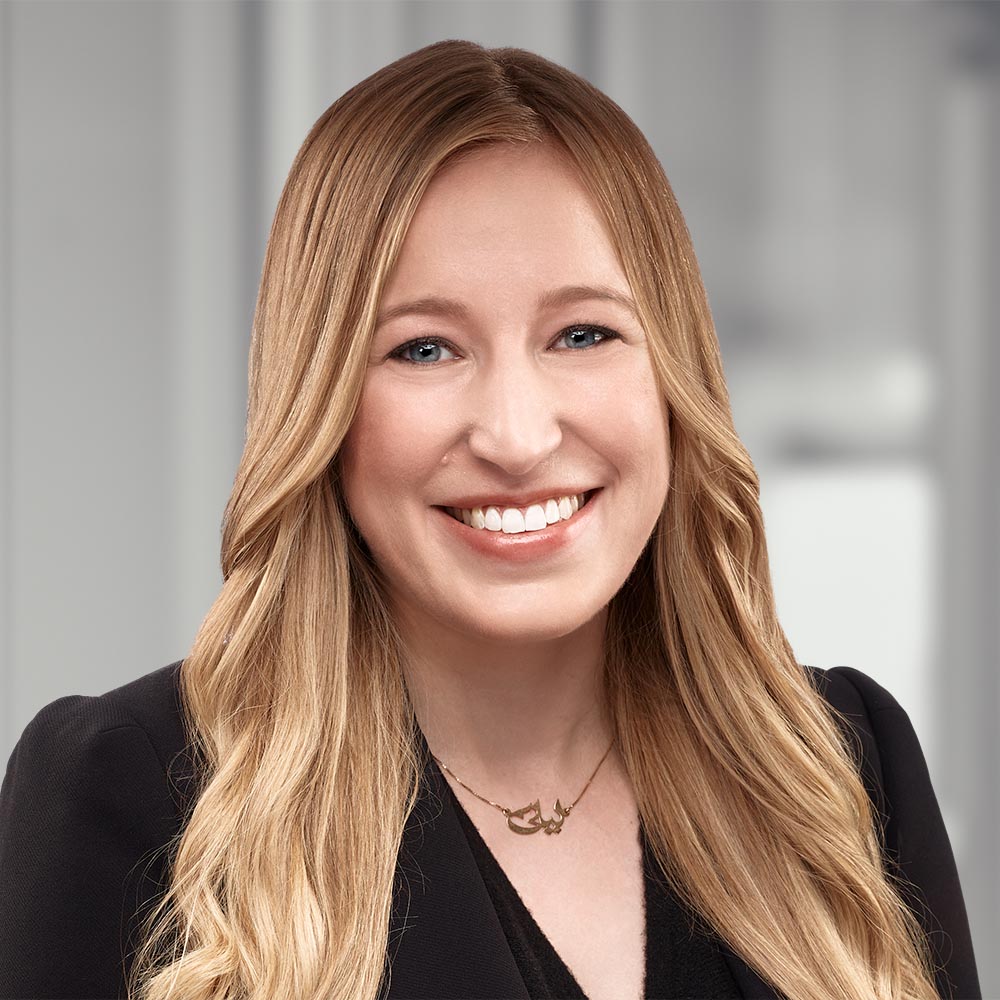
Five years on from Deloitte & Touche v. Livent: negligence claims against professional services firms
Authors
Five years ago, the Supreme Court of Canada released its highly anticipated decision in Deloitte & Touche v. Livent Inc. (Receiver of), a case about pure economic loss arising from an auditor’s negligent misrepresentation or performance of a service1. The Court’s narrow majority held that auditors can be held liable for a client’s economic loss that flows from the purpose for which the audit was provided.
While an important precedent, the decision in Livent was narrowly circumscribed: it applied to (1) auditors, and losses that flow from an audit; and (2) clients who had suffered loss, rather than third parties. In fact, even five years since Livent was decided, the full scope of its application to claims against professional services firms for negligence or negligent misrepresentation remains an open question.
Now this question may start to get more attention, as more third parties bring claims against professional services firms in the United States. Particularly significant were recent claims brought against McKinsey & Company arising out of services it provided to opioid manufacturers and distributors. In 2021, McKinsey reached settlements totalling nearly US$600 million with the attorneys general in 49 states, the District of Columbia and five territories for its role in advising on marketing and sales strategies to drive the purchase of opioid products in the United States (in reaching the settlement, McKinsey denied any wrongdoing). A proposed class action has now been commenced in the Ontario Superior Court which makes similar allegations about the Canadian market.
This article considers how negligent misrepresentation claims against professional services firms have evolved in the five years since Livent was decided and how Livent will impact negligence claims against professional services firms in the future.
A refresher: Deloitte & Touche v. Livent and liability to third parties
In Livent, the company’s receiver made a claim of negligence against its auditor, Deloitte, for failing to uncover that the company’s principals were fraudulently manipulating financial records. The receiver made two allegations: first, that the auditor breached the standard of care when it discovered accounting irregularities and, instead of acting on them, issued a comfort letter and press release to assist Livent in a public offering; second, that in the same year, the auditor failed to disclose the fraudulent activity in its audit opinion of Livent’s financial statements.
The majority of the Supreme Court stressed that the auditor owes no duty to its client “at large”2. Instead, the purpose of an auditor’s engagement defines the scope of the auditor’s duty of care to the client when it performs a service. In the circumstances of the case, the auditor owed a duty of care to Livent in performing its audit. A core purpose of a statutory audit is to detect fraud and ensure shareholders have proper oversight over management. However, the auditor did not owe a duty of care to Livent in preparing the comfort letter and press release. That service was undertaken to assist investors. Relying on the auditor’s representations in those documents to assist in overseeing management was therefore not reasonable or foreseeable.
The decision in Livent focused narrowly on the duty of care auditors owe to their clients and has been applied consistently in that context since. Shortly after Livent, the question of whether an auditor’s duty can extend beyond the client to non-client third parties was answered by the Court of Appeal for Ontario. The Court held—based on the auditor’s limited undertaking in the particular case—that the auditor did not owe a duty of care to non-clients who were not the intended audience for the auditor’s report (and who were found not to have read or relied on the auditor’s representations)3.
Livent’s (limited) legacy
Although Livent was determined in the audit context, its core principle—that the scope of a professional’s duty of care to clients and non-clients will be defined by the engagement they undertake—is not necessarily limited to that context. However, in the five years since Livent, we have not seen significant decisions from the Canadian courts relying on the decision outside of the audit context. This may begin to change if we see an increase in claims against professional services firms for economic losses suffered by clients and non-clients alike.
The McKinsey opioid case provides an interesting fact pattern to consider the boundaries of negligence for professional services firms. In Canada, the analysis would likely centre on the scope of the duty owed to non-clients when advising opioid manufacturers and distributors. Would it be reasonable for a consulting firm to contemplate those non-clients in the performance of its services, if its engagement were with opioid manufacturers? The answer to this question, as Livent tells us, is fact-driven and would depend on the nature and the context of the engagement: was it limited in scope? Did it include an express disclaimer of liability? These are the types of questions a court would likely ask—but we will have to wait and see whether Canadian courts have the opportunity to consider these issues in the future.
To discuss these issues, please contact the author(s).
This publication is a general discussion of certain legal and related developments and should not be relied upon as legal advice. If you require legal advice, we would be pleased to discuss the issues in this publication with you, in the context of your particular circumstances.
For permission to republish this or any other publication, contact Janelle Weed.
© 2025 by Torys LLP.
All rights reserved.

